SVP: Like its parent party, SVP International represents the traditional values of Switzerland and its citizens: personal and social freedom, sovereignty, independence, individual responsibility, and neutrality. These values, together with a social market economy, have made Switzerland into one of the world’s richest countries. We want to minimise state intervention so that entrepreneurship, innovation and competition can continue to prosper in a country that remains an attractive place for jobs. Only a profit-oriented market economy ensures a functioning welfare system.
SP: Swiss citizens living abroad should vote for the SP, because their political voice often tips the balance not least on foreign policy issues. They play an important role in shaping the present and future of an open, equitable society. Our international section, SP International, is strengthening the relationship Swiss Abroad have with Switzerland and Swiss politics. SP International supports the political rights, activities and interests of our citizens abroad, e.g. through the comprehensive rollout of e-voting.
FDP: Our international section, FDP.The Liberals International, has been defending the specific interests of the Swiss Abroad for decades. We campaign for a modern, cosmopolitan Switzerland and advocate international mobility. Global interconnectedness and the unfettered transfer of expertise are key to Switzerland’s development.
The Centre: We champion expatriate interests and want the Swiss Abroad to be fairly represented in society and politics. This is why we have been strongly campaigning for guaranteed health insurance outside the EU/EFTA area, the introduction of e-voting, easier access to the Swiss banking system, and full OASI benefits also for people domiciled abroad.
Greens: The Greens advocate a cosmopolitan Switzerland that does more for international cooperation. We oppose the closure of Swiss representations abroad. As a rich country generating high CO2 emissions, Switzerland has a big responsibility to combat global warming – because the impact of climate change can be seen around the world. In the area of development cooperation, Switzerland can also do more to fight poverty. With regard to Europe, we are doing more than all the other parties to ensure that Swiss-EU relations improve and freedom of movement continues.
Green Liberals: We actively champion the interests of the Swiss Abroad. In particular, formal relations with the EU are of great concern to many Swiss living abroad. We also believe that making it as easy as possible for Swiss Abroad to exercise their voting rights (via a secure e-voting process) is crucial, and that it should be possible for expatriates to return to Switzerland without being disadvantaged for doing so (access to social security, recognition of foreign qualifications, etc.).



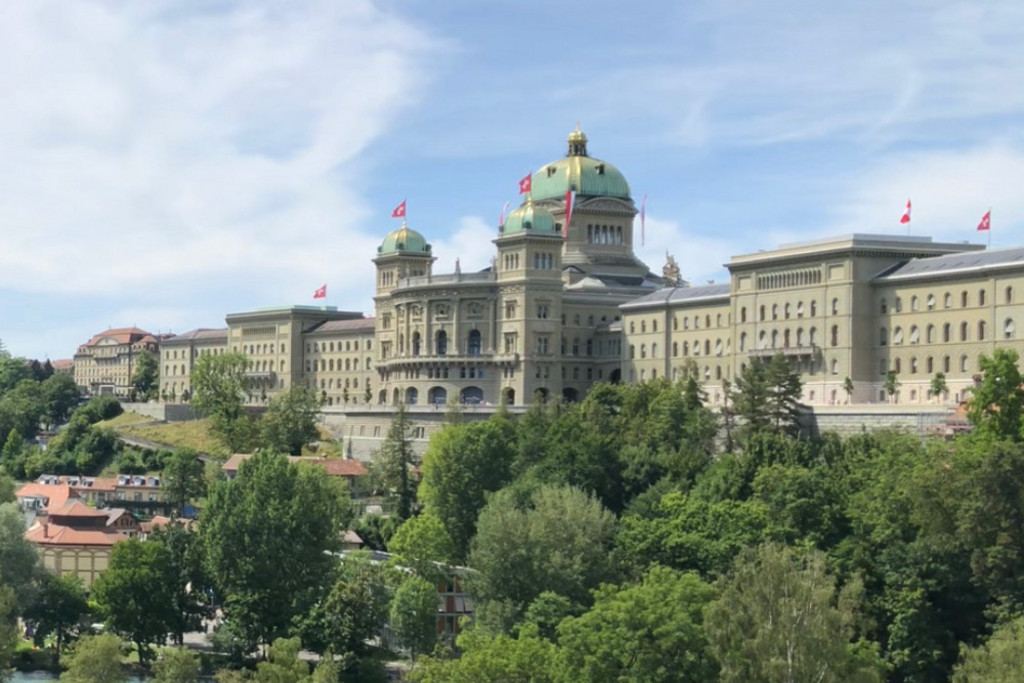

![[Translate to en:]](/fileadmin/_processed_/d/2/csm_Revue_202204_Huehnerfarm_SH-Reportage_3074_7901ca94df.jpg)
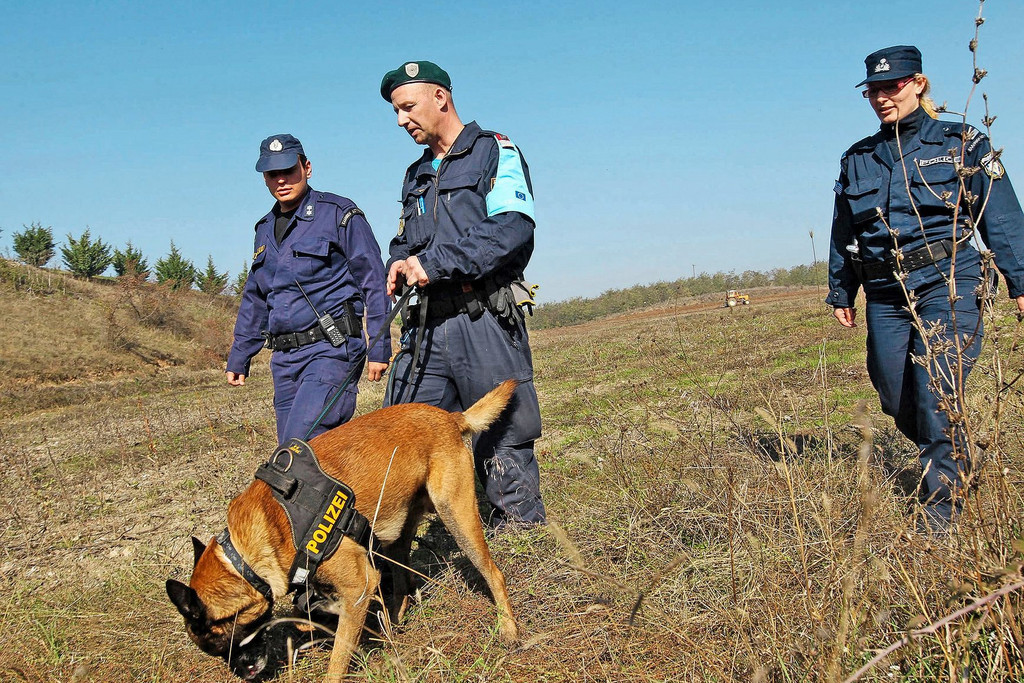



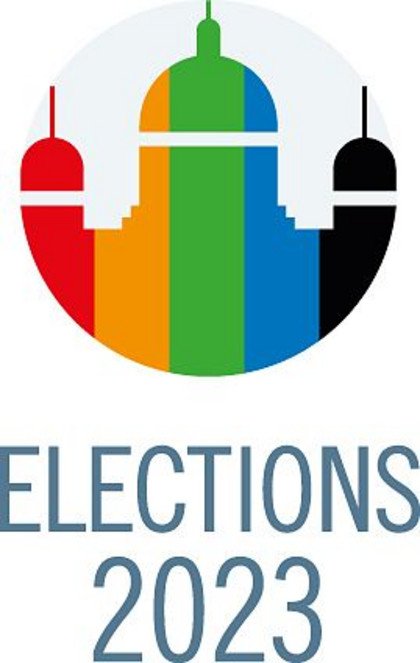
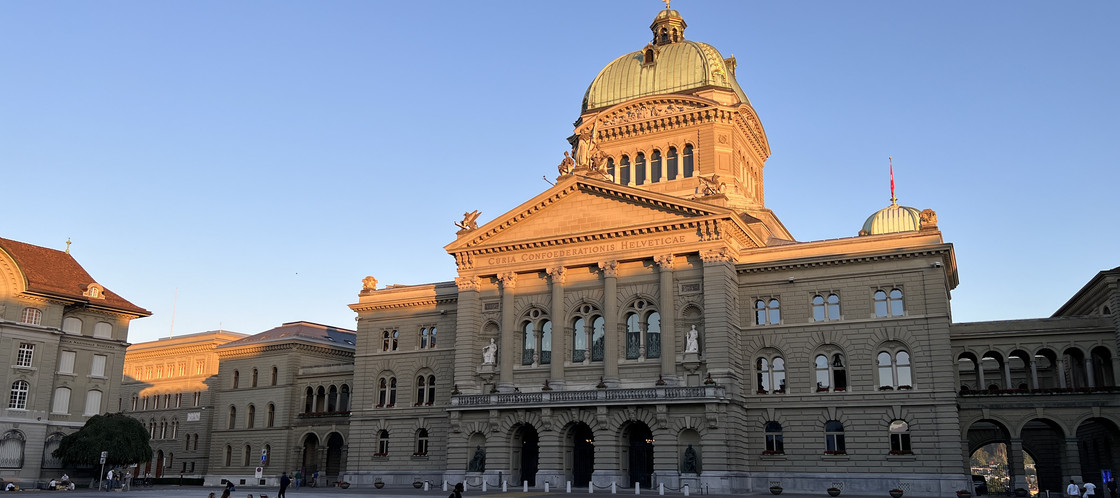
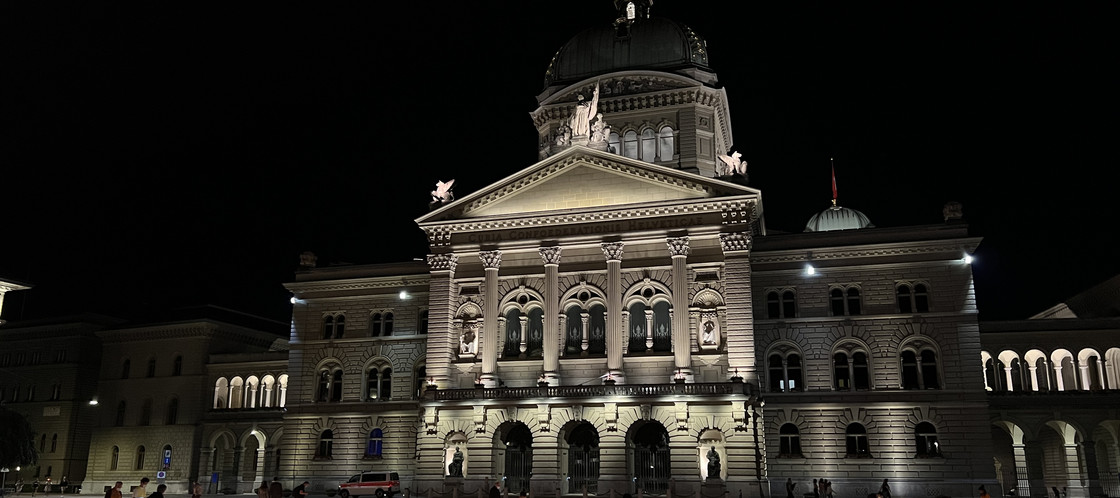
Comments
Comments :
Ich lebe nun schon 7 Jahre im Norden Brasiliens in der Nähe Belems auf der Insel Mosqueiro. In Baia do Sol. Für mich wäre das e-Voting das einzig richtige. Ich habe die Dokumente der letzten Wahlen 3 Wochen nach der Wahl erhalten. Daher begrüsse ich das e-Voting. Oder wenn wir über das Konsulat informiert würden. GEHT AUCH schneller. Die Meinung der SVP, die Dokumente per Email zu erhalten und per Post zurück zu senden ist lachhaft. Wissen sie eigentlich, wie lange es dauert, bist ich eine Post aus der Schweiz erhalte? 3 bis 4 Wochen minimum. Zurücksenden dauert bis zu 5 Wochen. Also SVP, geht hinter eure Bücher und lernt endlich den Umgang mit uns Auslandschweizern. E-Voting ist für uns das Beste und ist effektive sicher.
Als Auslandschweizer ist man benachteiligt, das geht ganz klar hervor aus verschiedenen Dokumenten. Ich wohne in Frankreich und habe selbst erlebt, dass ich an der letzten Abstimmung nicht teilnehmen konnte.
Liebe Schweizer Revue, ganz herzlichen Dank und aufrichtiges Kompliment für die "grosse Wahlumfrage". Ich wüsste nicht wie man das besser machen könnte! Seit bald 10 Jahren lebe ich als Rentner in Spanien, und beteilige mich mittels den Abstimmungsunterlagen aktiv und aus Überzeugung an der direkten Demokratie. Von meiner letzten Wohngemeinde Frenkendorf BL bekomme ich jeweils das Couvert zugestellt. Da die Abstimmungstermine meist sehr knapp sind, würde ich es sehr schätzen, wenn (wie vorgeschlagen) die Schweizer Botschaft in Zukunft diese Aufgabe übernehmen könnte. - Sonnige Grüsse, Werner Imholz